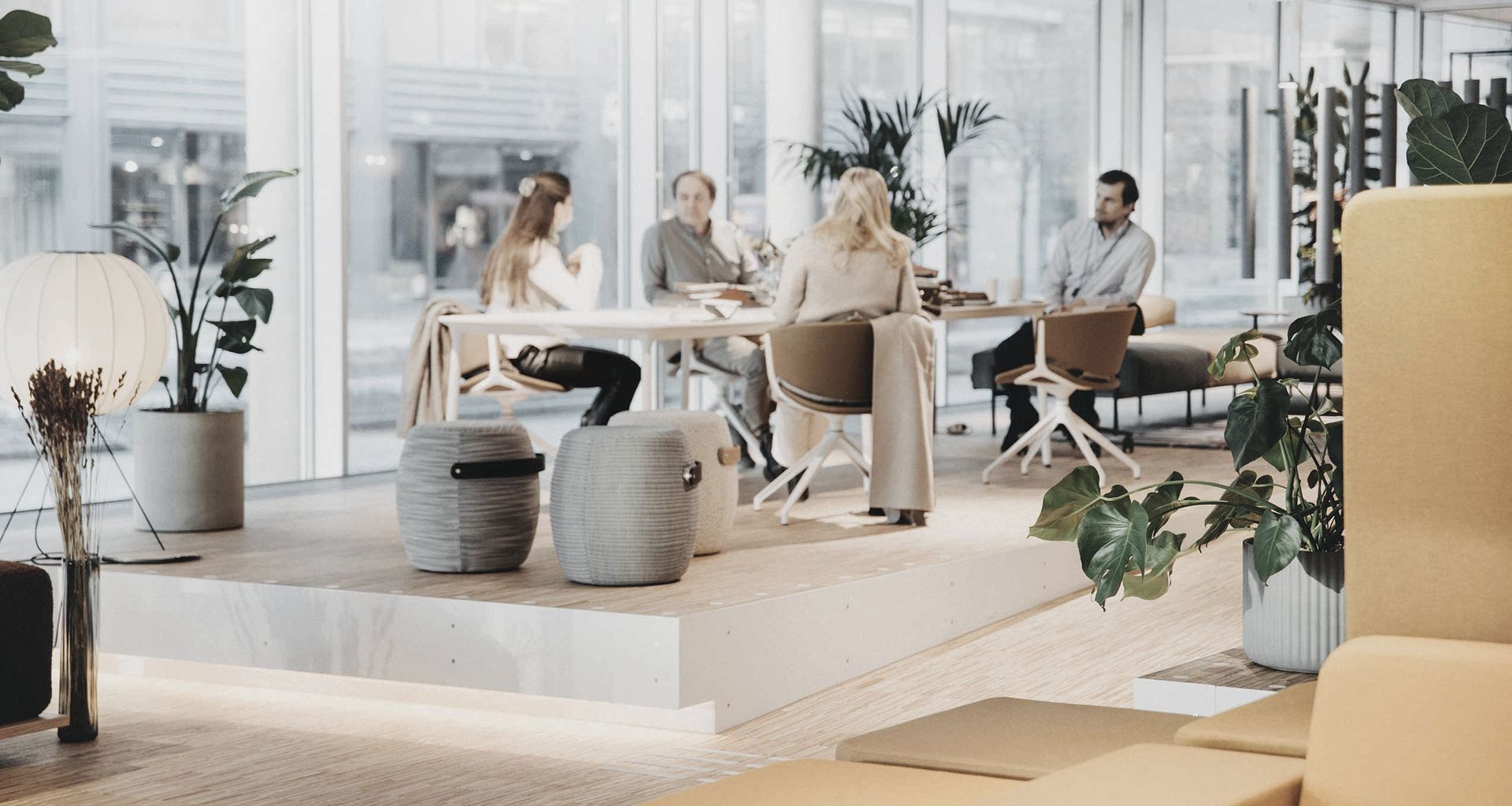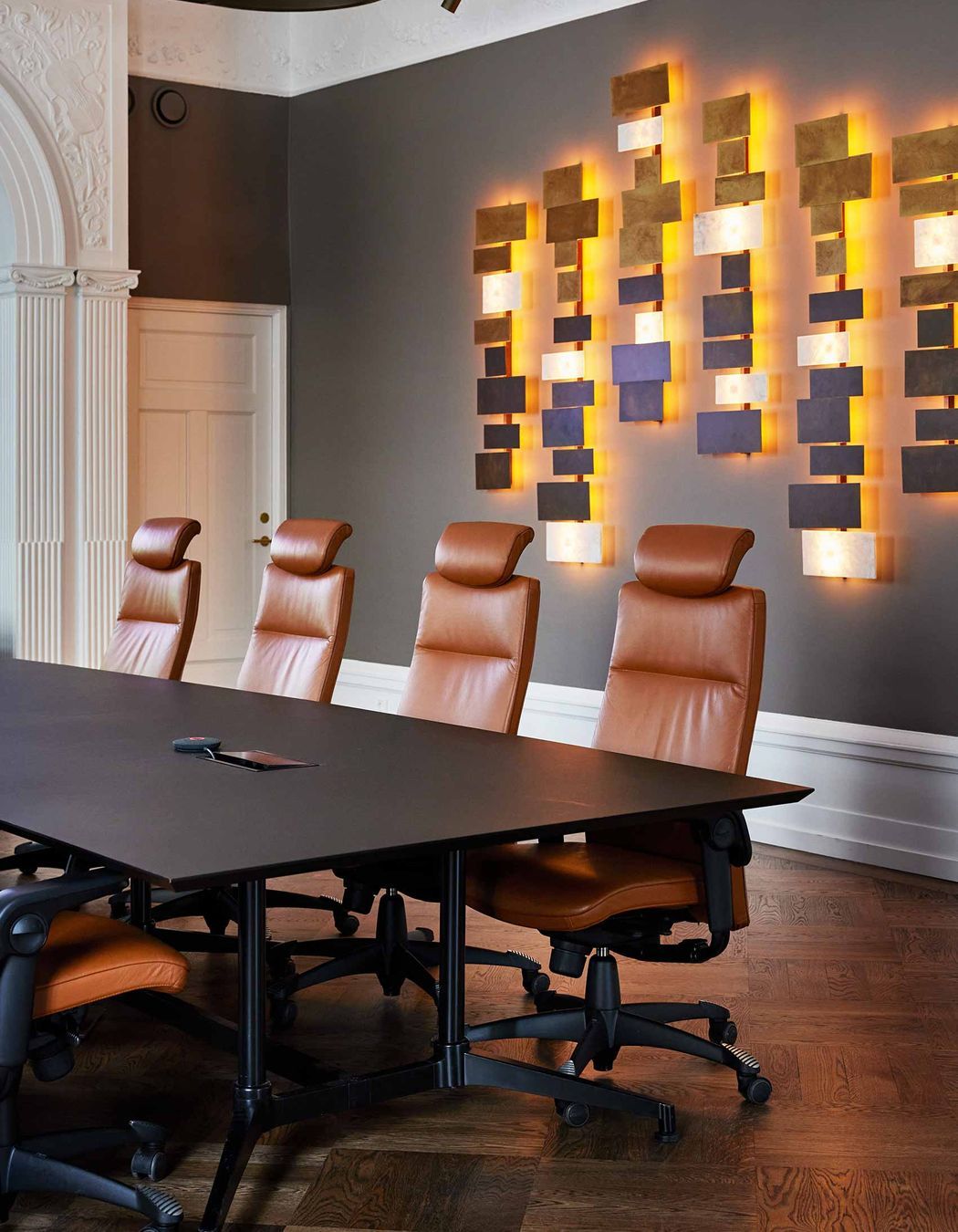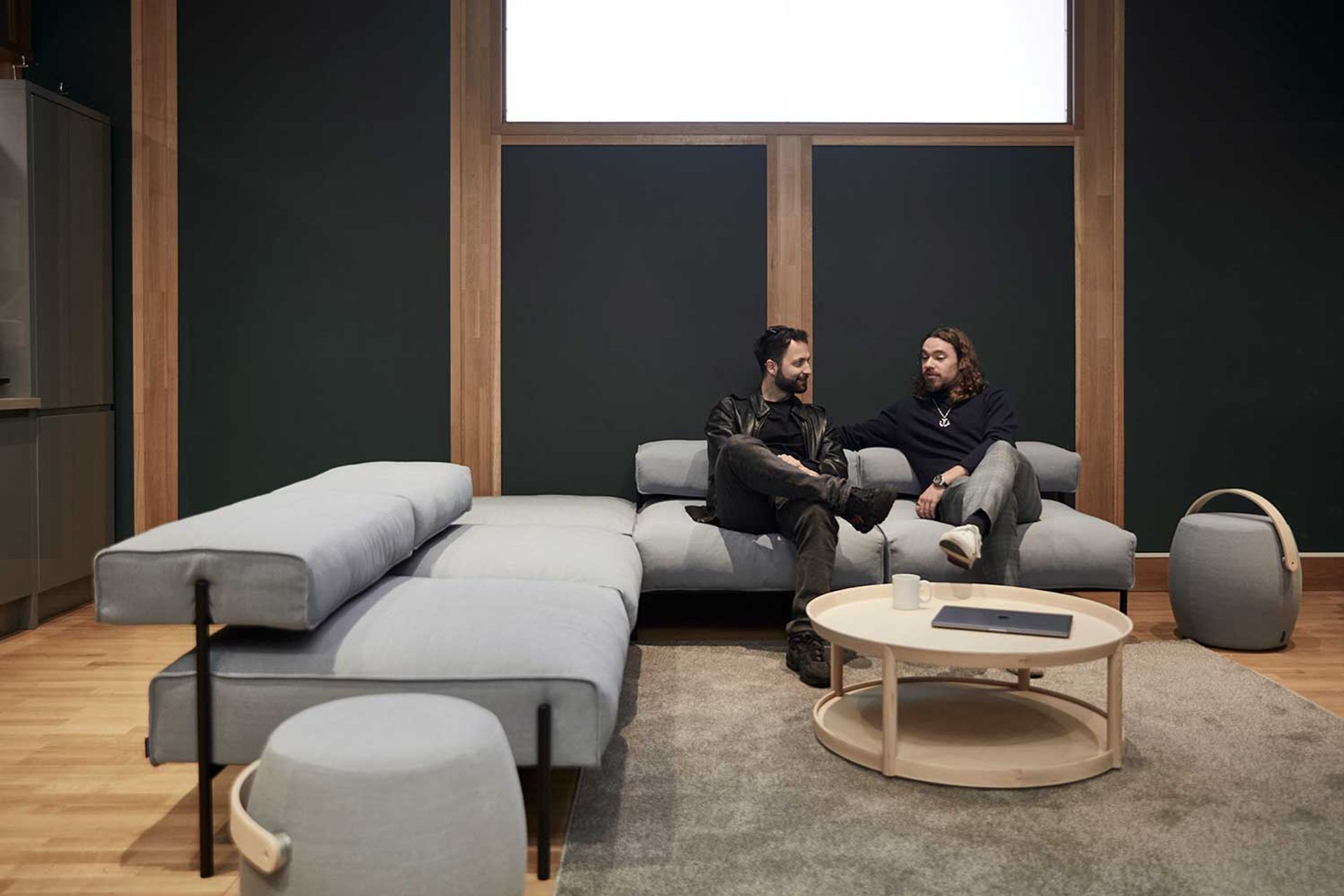Avoid the back-to-office blues with a warm and flexible office aesthetic
Written by
07 June 2023
•
3 min read

The modern way of working – a mix of in-office and remote – is transforming the office experience. To accommodate flexible working practices, companies need a more dynamic and adaptable workplace design to improve employee experiences while providing long-term business benefits.
The increase in hybrid workplaces
“We’re in a moment in the history of work where the nature of work as we’ve known it has been disrupted, whether we embrace it or not,” says Tsedal Neeley, author of Remote Work Revolution: Succeeding from Anywhere. Tsedal adds: “All or nothing is easy when all are in the office, or all are remote. But with hybrid work, it’s a mix of in-office and remote, and we’ve entered a grey zone.”
When accommodating this new grey zone, businesses must use a flexible workspace design to meet the needs of the worker and the company. This means creating adjustable, multi-purpose environments that can cater to the different needs of employees at any one time. Depending on occupancy and work requirements, the workspace should shift between collaborative and personal focus spaces. However, it's important to note that the company's core needs should always be met first, with flexibility the close second.

Workspace furniture
When designing a hybrid work environment, it is essential to consider that multiple users will utilise the same furniture throughout the week. To accommodate this, furniture must be ergonomic and easily adjustable to suit different workers. Whether in the boardroom or work desk, chairs should have simple and intuitive controls for adjusting, such as Flokk’s ElliePro chair. Height-adjustable desks are also helpful in accommodating workers of varying sizes and the increasingly popular stand-up desk solution.
The modern-day office needs flexible workspaces for both individual work and collaboration equipped with dynamic furniture suitable for all types of bodies and activities.
Casual seating
Working remotely can lead to missing out on informal interactions that often spark project innovation and creativity. To mitigate this risk, consider adding lounge seating, moveable seating like these Flokk Carry-On Stools or silent booths throughout the office, which allow in-person and remote colleagues to connect after meetings. Additionally, modular seating provides the flexibility to adapt to the changing needs of your workspace and team size. This way, your workspace can evolve as your team does.
Social spaces
Social relationships are important within the workplace to foster creativity and company culture. Areas designed for social encounters, such as eating and lounge areas, provide a healthy social exchange between co-workers, offering them the personal interactions they miss while working remotely.
The modern-day office needs flexible workspaces for both individual work and collaboration equipped with dynamic furniture suitable for all types of bodies and activities. A warm aesthetic within the office nurtures a positive and cohesive company culture to assist in the transition of workers returning to the office.
View more of Flokk's range on ArchiPro.

